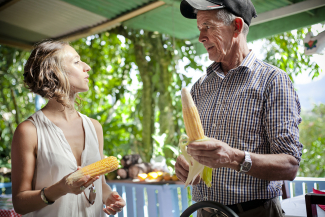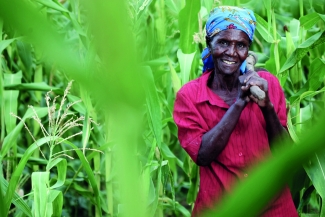The tilling of land in a changing climate: Empirical evidence from the Nile Basin of Ethiopia
Using household-plot level panel data from the Nile Basin of Ethiopia, this article applies a random effects ordered probit endogenous switching regression model to empirically investigate the impact of weather events and other conditioning factors on farmers’ choice of tillage intensity and the effect of changing tillage frequencies on differences in farm returns. Results indicate that, while low frequency tillage is more likely in drier areas, plot-level shocks (such as pests and diseases) are key variables in the choice of high-frequency tillage.



